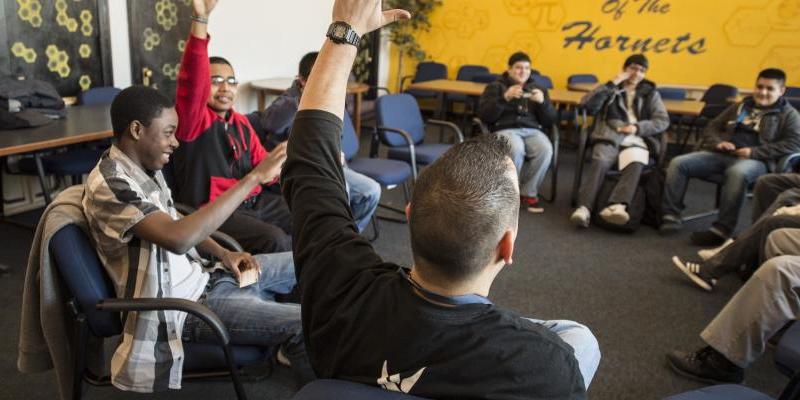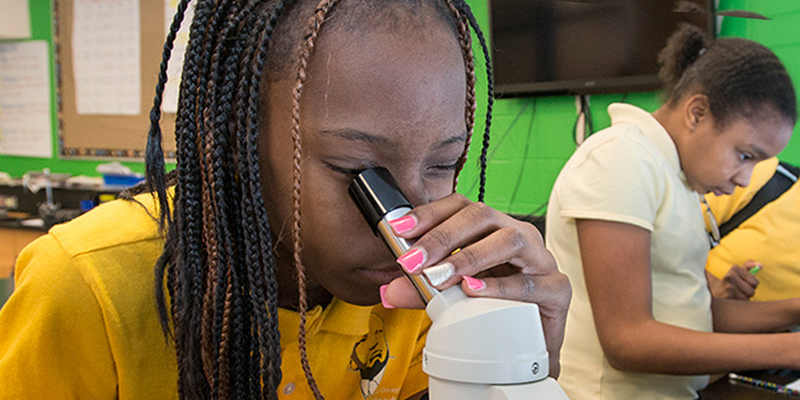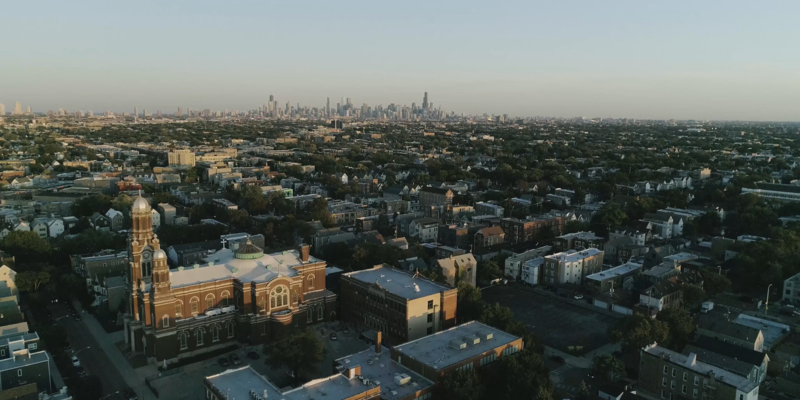Inclusive Economy Lab Chicago Coalition for the Homeless
Mutual aid networks are important expressions of solidarity and community building, offering an informal support system for marginalized communities. Examples of mutual aid range from simple acts like placing fresh or prepared food in a neighborhood pantry to more complex funding assistance programs hosted by community anchors. As early as the 19th century, mutual aid networks provided support in times of crisis through monetary and in-kind donations to help meet local community needs. In more recent decades, as economic inequality has increased and many people are not able to access the formal social safety net,1 mutual aid has played an important role in helping community members meet basic needs, particularly for people experiencing housing instability and food insecurity.2 To promote foundational stability during the pandemic, the Chicago Coalition for the Homeless (CCH) launched the Edrika Fulford Mutual Aid Fund (EFMAF), a grassroots initiative that provides a one-time, unrestricted direct cash transfer of $500 to Illinois residents experiencing or at risk of homelessness. The premise of the EFMAF was to use communal solidarity to overcome structural injustice through grassroots action and to increase access to financial support.3 CCH has hosted six rounds of funding since the start of the pandemic.
Click here to read the full report.
Watch our June 2023 webinar on cash assistance featuring this report by clicking here or on the image below.
EFMAF report





